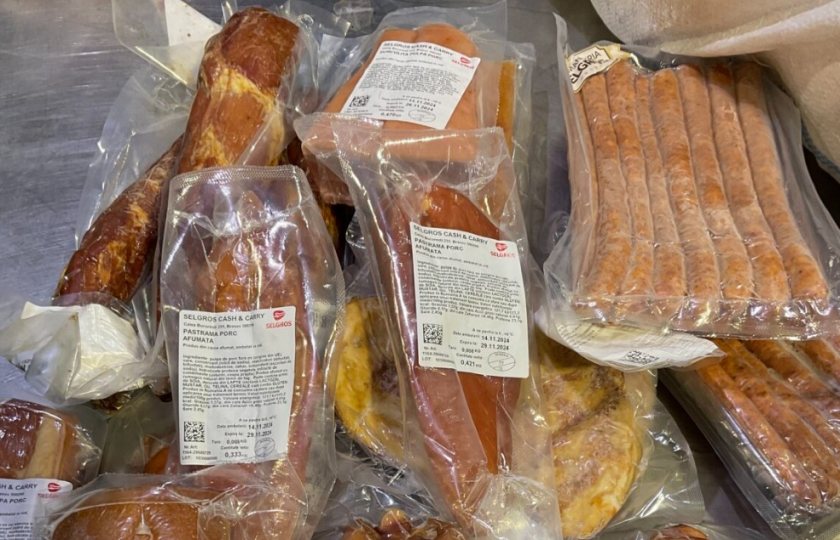
Defra has allocated funding to support continued checks on illegal meat imports at Dover for 2025–26, but the port authority warns the amount is insufficient to safeguard the livestock sector from diseases.
The department has offered £3.1m for the new financial year, covering only around 20% of operational capacity at Dover—similar to last year—and providing no coverage at Coquelles in France.
Lucy Manzano, head of port health at Dover Port Health Authority (DPHA), said the funding comes with significant constraints that would make effective implementation “immensely challenging.”
Notably, the offer includes no funding for official veterinarians, who are essential for identifying products of animal origin.
“This would leave the border largely open. When DPHA are not operating, these checks do not take place,” she said.
Ms Manzano stated that DPHA had submitted multiple funding proposals to Defra for 2025–26, including a request for £6m to achieve approximately 50% operational coverage, but none have been acknowledged or accepted.
“We have written to Baroness Hayman (the Defra minister for biosecurity) advising of this, especially in the context of the escalating pressures we are experiencing at the border with the active creep of foot-and-mouth, African swine fever and Peste des petits ruminants (PPR) in Europe.
"We have requested an urgent review of the funding that has been offered," Ms Manzano said.
Flaws in the government’s Border Target Operating Model (BTOM) for commercial import checks have also been highlighted.
Speaking to the Environment, Food and Rural Affairs Committee, Ms Manzano recently warned that illegal meat seizures at Dover have increased significantly since the introduction of the Border Target Operating Model (BTOM).
She said the UK’s limited border controls are being exploited, allowing large volumes of restricted products—such as those from countries like Romania, where imports are limited due to African Swine Fever (ASF)—to enter Britain via the EU.
Despite operating at only 20% capacity, DPHA has seized over 214 tonnes of illegal meat at Dover since September 2022, including 55 tonnes since the beginning of this year.
Defra confirmed that it had put a funding proposal to DPHA and said it "remained committed to agreeing an appropriate funding model for 2025/26 to help tackle illegal imports."
A coalition of pig sector and meat industry bodies recently urged Defra Secretary Steve Reed to take immediate action to strengthen the UK’s national disease control measures.
With 90% of illegal imports arriving via Dover, they said: “We believe the government must urgently invest in targeted enforcement at key ports of entry.”
Separately, the NFU has called for a new cross-government biosecurity plan and sufficient border investment to counter the biosecurity risks that British farmers now face.
